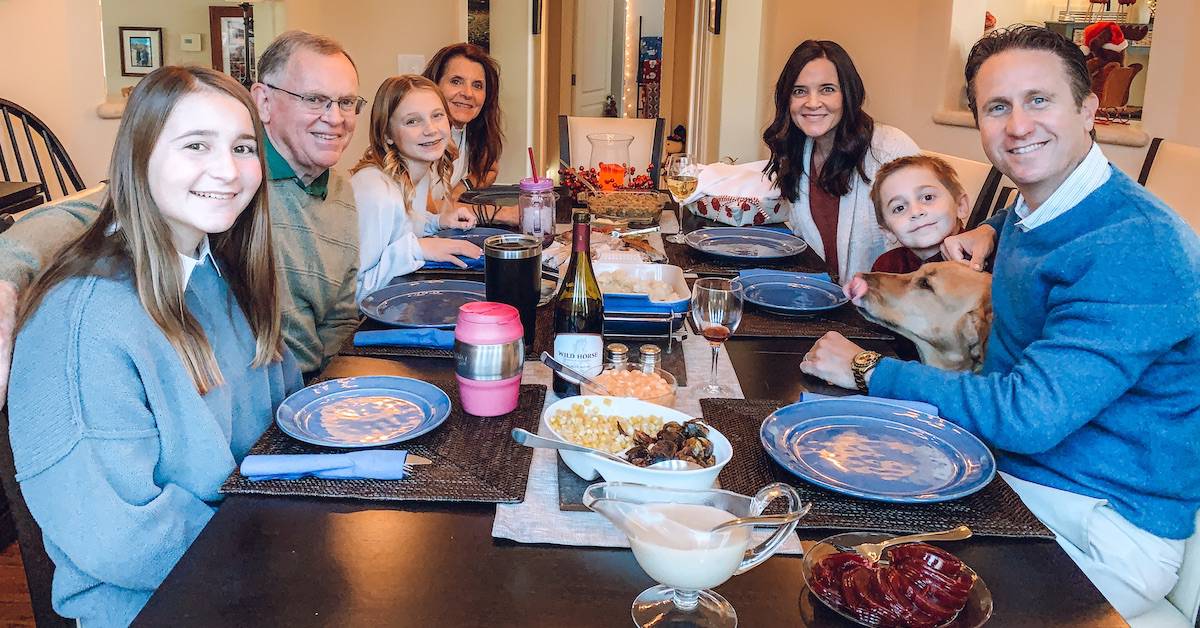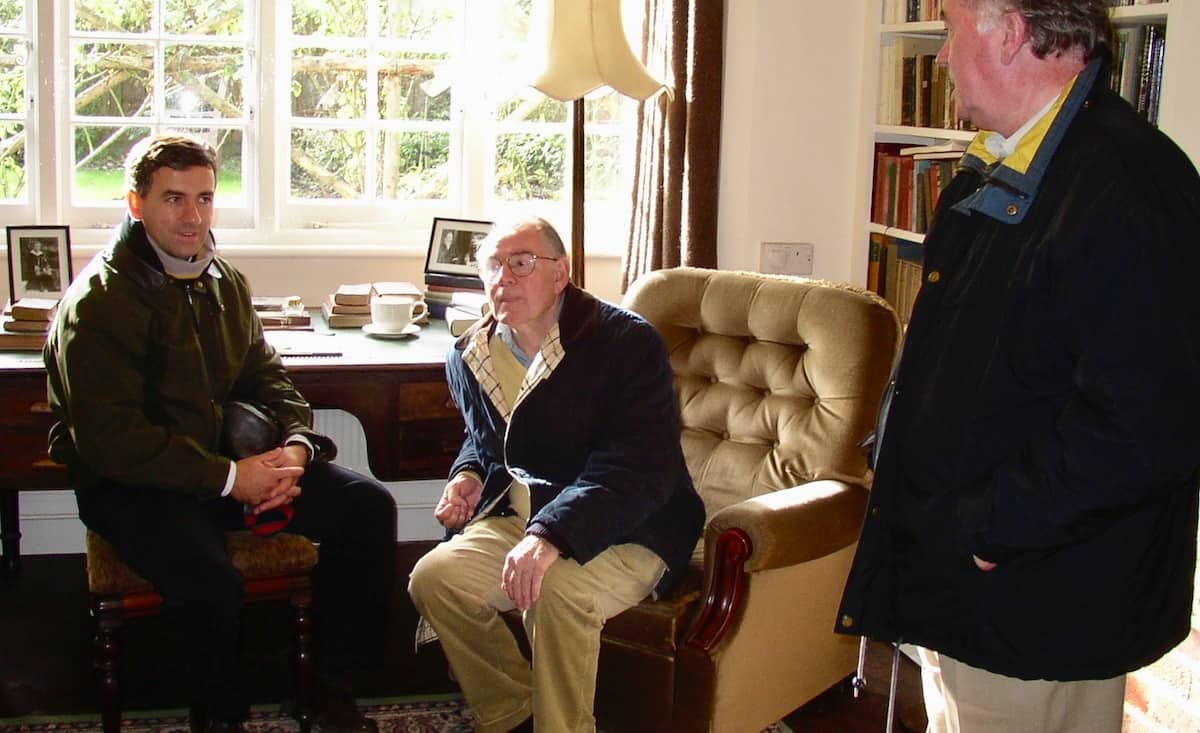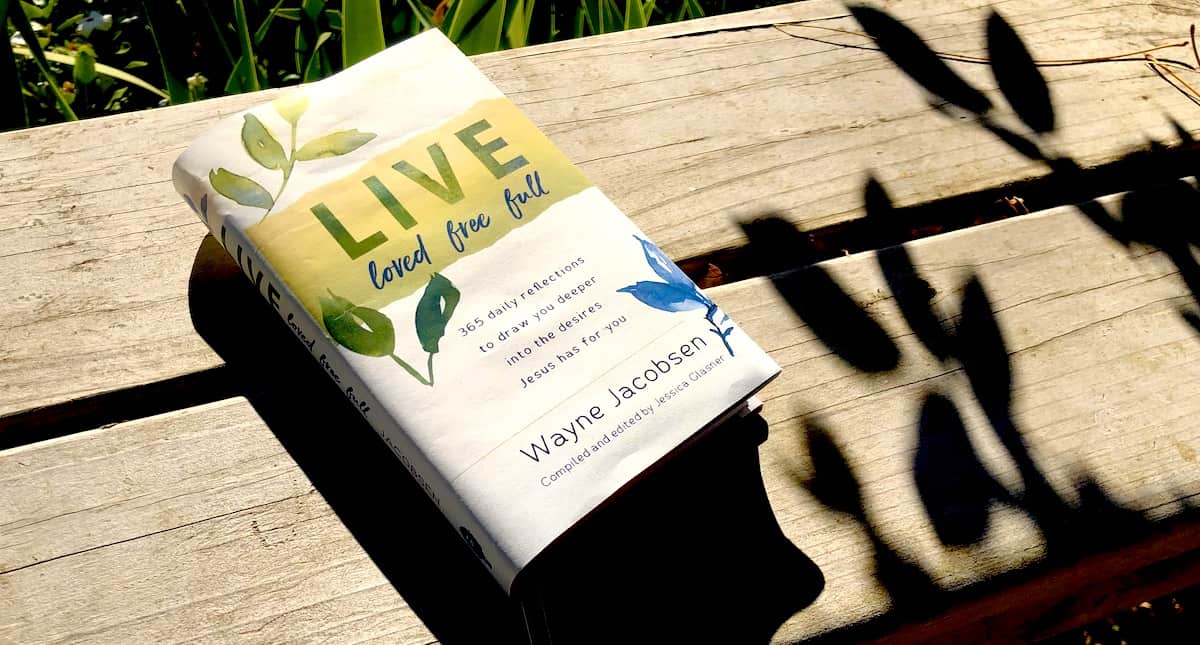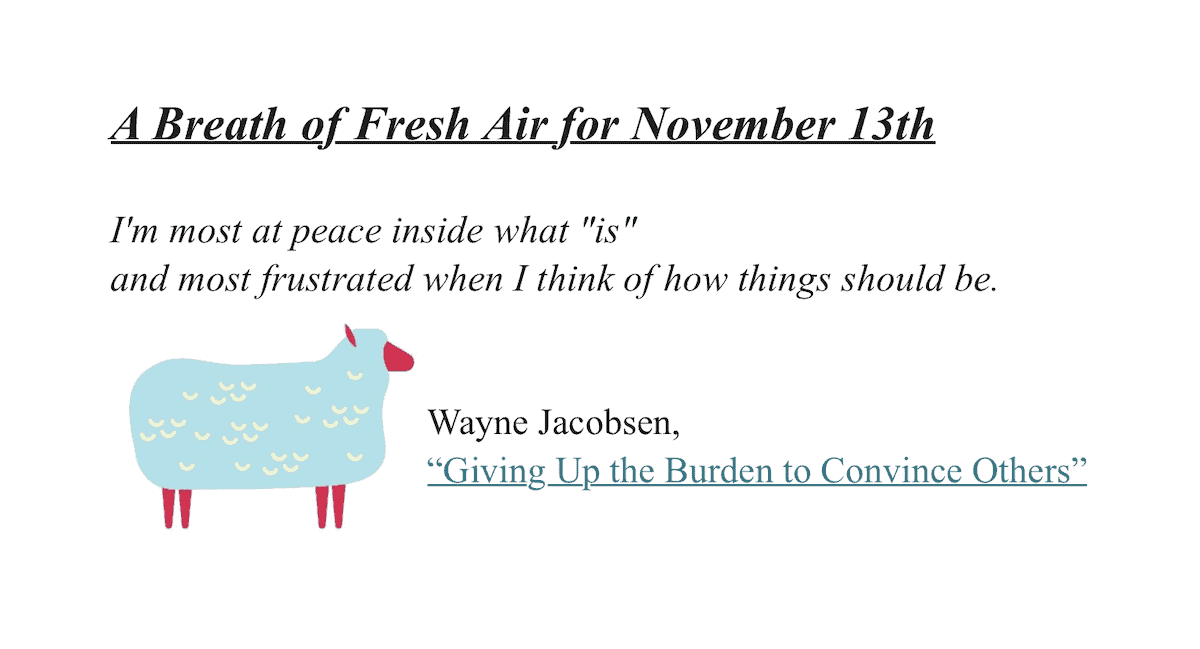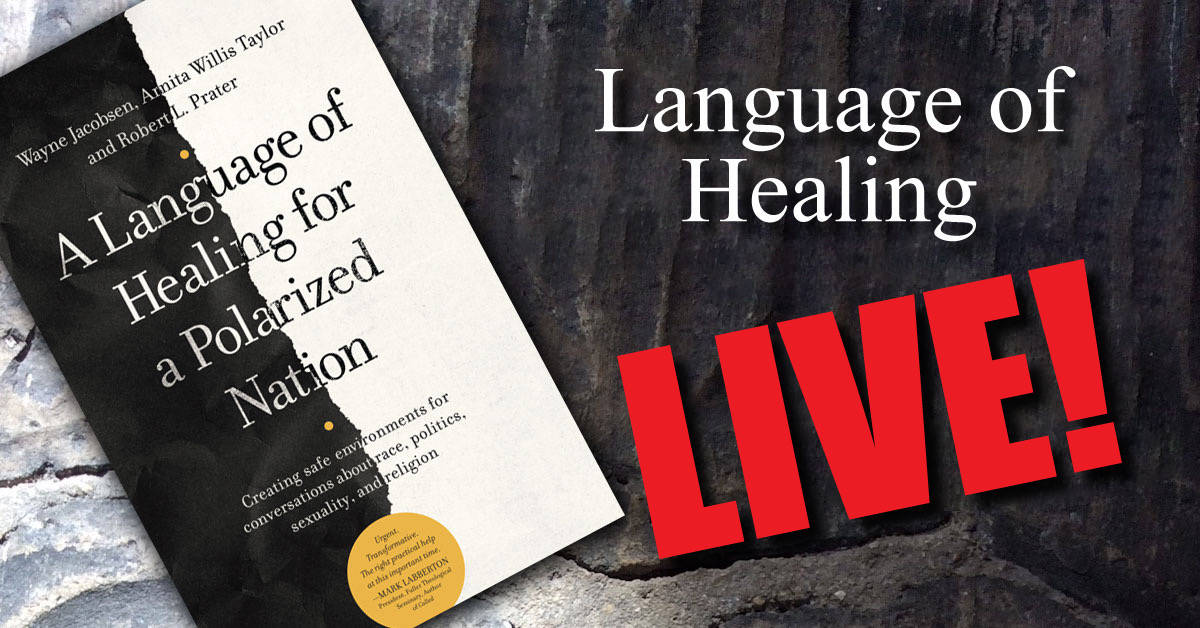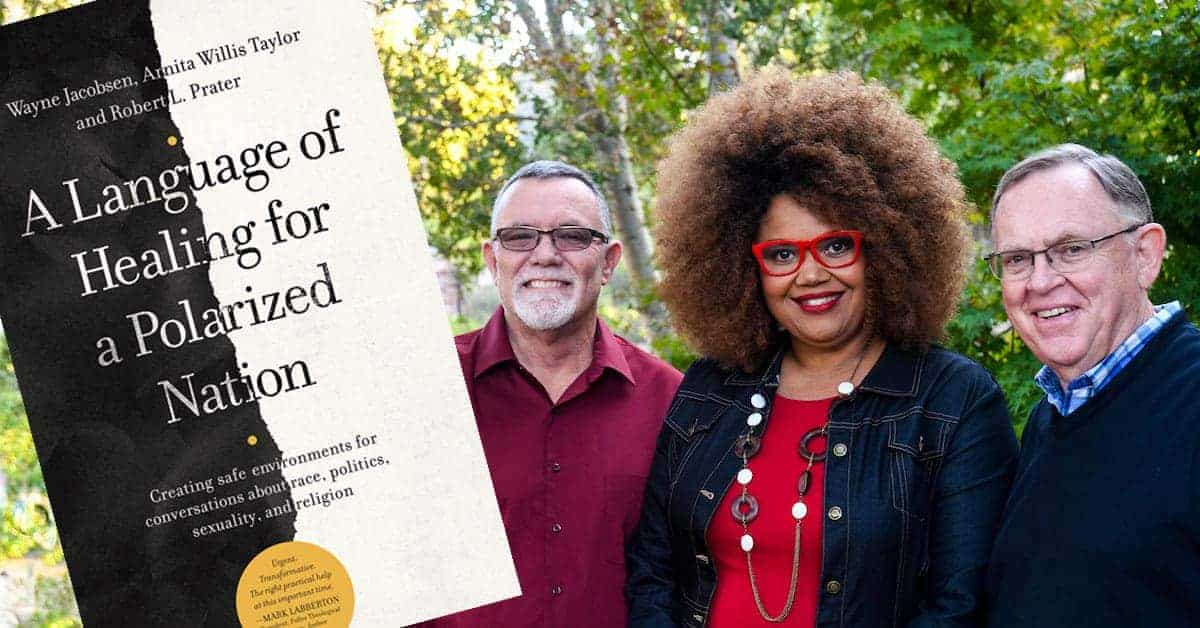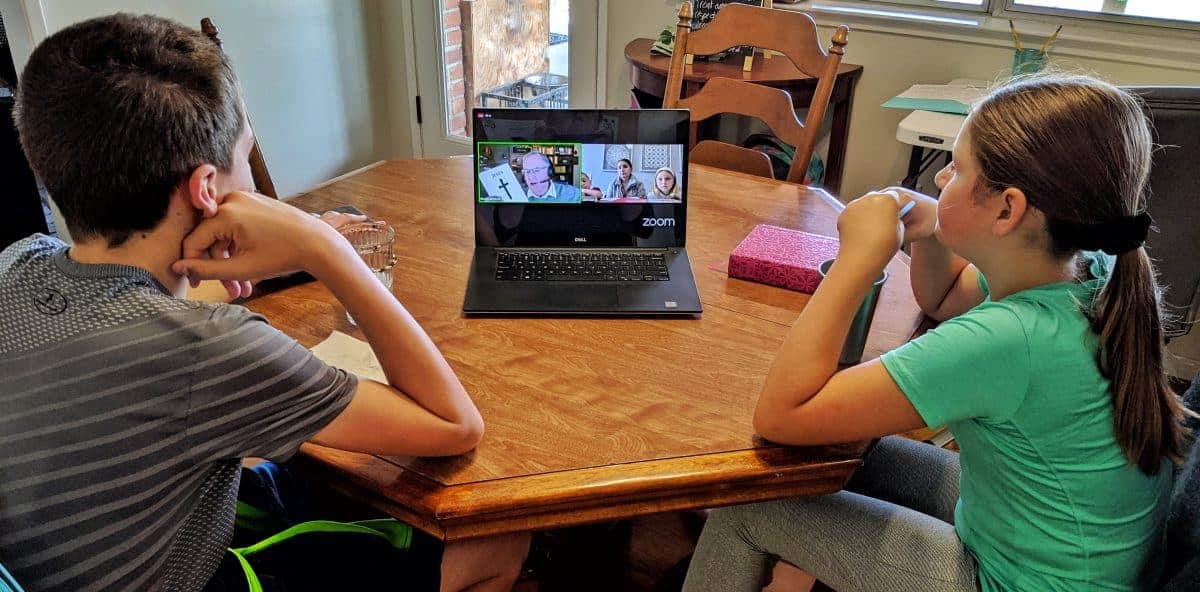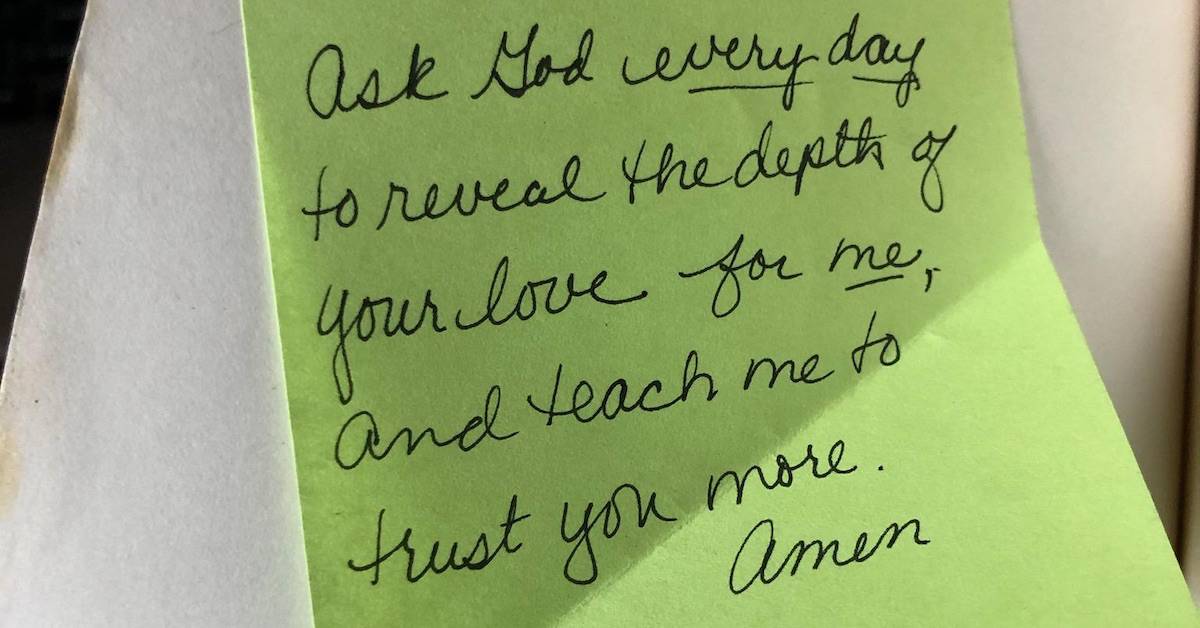I posted this thought last year, and it came back to me repeatedly throughout the year as people would write and tell me how it had changed the trajectory of their lives. Through it, they recognized how unworthy they felt in their own failures and how distant from the very love that could transform them. As they began to talk to Jesus about this, he led them to a place where he could make himself known to them. Then they could begin to learn to relax into his reality. Sin, failure, or brokenness doesn’t make you less worthy of love, only more in need of it.
And, no, this is not the arrogant God-is-lucky-to-have-me sense of worth. It’s the humbling, contrite, joyful recognition that despite all that I’ve done and all that’s twisted in me, he delights in me as his child and loves me more deeply than any human ever has or ever will.
And the only way to know that is when he appears to you. I know a song lyric is not Scripture, but this one sums up so much of what Scripture seeks to say. So, as my Christmas gift to so many of our friends around the world, I post it again. May it bear even more fruit in 2021.
O Holy Night is my favorite Christmas song and my favorite line in it is this: “Long lay the world in sin and error pining, till He appeared and the soul felt its worth.”
Ever since Eden’s Fall, the hardest belief for many to sustain, especially in times of struggle and failure is that they are worthy of God’s love and affection. So often we are overwhelmed by failure and feel so alone in our struggles that it seems sometimes as if no one cares, and too often God most of all. But that’s the illusion that pushes our world into the darkness.
Till he appeared, and the soul felt its worth.
God is not ever inactive toward us—unrecognized perhaps, but never uninvolved and he is always working to beckon us out of the darkness and into the joy of his light. What Sara and I want those three precious children in the picture above to know more than anything else is that they are beloved children of a gracious Father. They are worthy of his love, no matter what struggle they go through, whatever mistake they make, and in spite of every whisper of darkness into their ears.
It’s what we want everyone to know. He appeared in our world because we were worthy of love and to prove it he would spend his own life to rescue us from all that darkness twists or destroys in us. He came to redeem us because we were worth it to him.
You! You are worth everything to him. What I love about the lyric above is that we come to know that worth when he appears. That’s when it all makes sense, and that’s not just about his coming 2000 years ago, but how he wants to make himself known to you today. When you behold him then your soul knows its worth. We are deeply loved and deeply cherished simply for who we are.
If you need a reminder of that, steal away for some alone-time over the next couple of days. Find a quiet place and ask him to reveal himself to you. Wait in the quiet until his reality begins to bubble up in your soul. We used to sing an old chorus, “There is none like you. No one else can touch my heart like you do. I could search for all eternity long and find, there is none like you.” It is such a rich chorus to sing to God.
But if you could for just a moment, imagine God singing those words to you. Read (or sing) them again and this time put those words onto God’s lips toward you. That’s just as true. And when you come to know that, your soul too will feel its worth.
Then every night can be a holy night!
We are so blessed to have so many connections with so many people around the world. During this season, we are grateful for every life that God has given us to know, every person whose path we have crossed, and those who have let us walk beside them in their own spiritual journey.
Merry Christmas to all of you, and may the New Year bring you an abundance of him and a spirit of selflessness to serve the world in this time of extremity,
Wayne and Sara
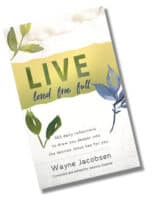 January 19
January 19 




